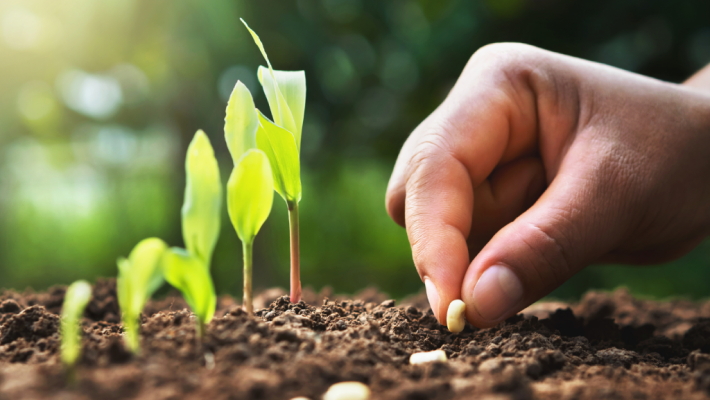Organic Lemon Balm
Organic Lemon Balm (Melissa officinalis), a perennial for tea, garnish, and pollinators, thrives in sun to partial shade and well-drained soil; sow seeds indoors or after last frost, container-friendly.
There are no products matching from selection, Please select fewer filters or clear all.





















































